Why Your Small Business Needs an Emergency Fund
I’ve seen it happen too many times — a great small business hits a rough patch because of an unexpected expense or a slow-paying client, and suddenly cash flow is tight. The businesses that weather these storms have one thing in common: a dedicated emergency fund.
Think of it as your business’s financial safety net. It’s there to keep your operations running smoothly when something catches you off guard — whether that’s replacing a broken piece of equipment, covering payroll during a slow month, or bridging the gap until a large invoice is paid.
Why I Recommend It to Every Client
It Protects Your Cash Flow
Your operating account should fund day-to-day business, not emergencies. An emergency fund prevents you from dipping into the money you need to pay suppliers, employees, and bills.It Reduces Stress
Financial uncertainty is stressful enough without the pressure of scrambling for funds. Knowing you have reserves lets you make decisions with a clear head — not in crisis mode.It Keeps Your Goals on Track
Without a reserve, growth plans often get pushed aside when surprises happen. An emergency fund lets you deal with the present without sacrificing the future.
How Much Should You Have?
For most of my small business clients, I recommend three to six months of operating expenses. If your revenue is seasonal or unpredictable, aim for the higher end.
Can’t save that much right away? That’s okay. Start with one month’s essential costs and build from there.
Where to Keep It
You want your emergency fund:
Separate from your operating account to avoid accidental spending
Accessible enough for emergencies — a business savings account or money market account works well
How to Build It Without Hurting Cash Flow
Set up an automatic transfer every month, even if it’s a small amount
Commit a % of profits to the fund regularly
Use windfalls — like large client payments or tax refunds — to give it a boost
Your emergency fund is like insurance you give yourself. It’s not about expecting the worst — it’s about making sure your business is ready for whatever comes. Start now, and you’ll thank yourself later.

